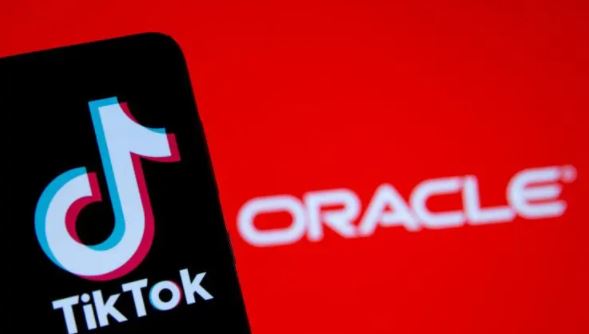It’s only been a few weeks since Joe Biden took over the U.S. presidency and his administration is already evaluating many of the policies implemented during Donald Trump‘s period, some related to cybersecurity and the aggressive measures imposed on Chinese tech companies.
From the beginning of his administration Trump implemented severe measures against multiple Chinese technology companies, mainly impacting Huawei and TikTok, considering that their practices posed severe security threats to American individuals and organizations.
According to specialized reports, Biden’s administration has asked a federal court to delay a hearing that will discuss the possibility of completely banning the use of TikTok in the U.S., which will give the White House time to analyze in detail Trump’s executive orders. On the other hand, rumors have grown that ByteDance, TikTok’s parent company, is interrupting its merger project with Oracle, implemented at Trump’s request to ensure the operation of this app on American soil.

Huawei also seems to be looking at the opportunities that the change of management brought. A couple of weeks ago the company’s legal representatives filed an appeal regarding the “threat to national security” status assigned to them by the Trump administration, considering that this decision exceeds the powers of the Federal Communications Commission.
Despite this appeal, Biden’s administration does not seem to have any intention of making a change in current Huawei policy, at least with regard to the implementation of 5G technology.
Huawei CEO Ren Zhengfei is optimistic that Biden’s administration may change the former president’s stance. However, it should be recalled the statements issued a few days ago by Biden’s press chief, who mentioned that the U.S. plan remains to ensure that its telecommunications infrastructure is not affected by “unreliable suppliers.”
It is a fact that Joe Biden will reassess the Trump administration’s measures in terms of cybersecurity and potential national security threats, although specialists in the field believe that most of these measures will remain in place for a few more months until U.S. government agencies can complete an assessment according to the scale of the problem.
An example of this is Megan Stifel, director of the Global Cyber Alliance for America, who for the time being rules out the implementation of major changes: “We do not expect radical changes in focus on these companies and their relationship with the Government of China; however, we believe that a shift towards a comprehensive strategy is feasible, fully analyzing the impact of these companies on American territory.”

He is a well-known expert in mobile security and malware analysis. He studied Computer Science at NYU and started working as a cyber security analyst in 2003. He is actively working as an anti-malware expert. He also worked for security companies like Kaspersky Lab. His everyday job includes researching about new malware and cyber security incidents. Also he has deep level of knowledge in mobile security and mobile vulnerabilities.











